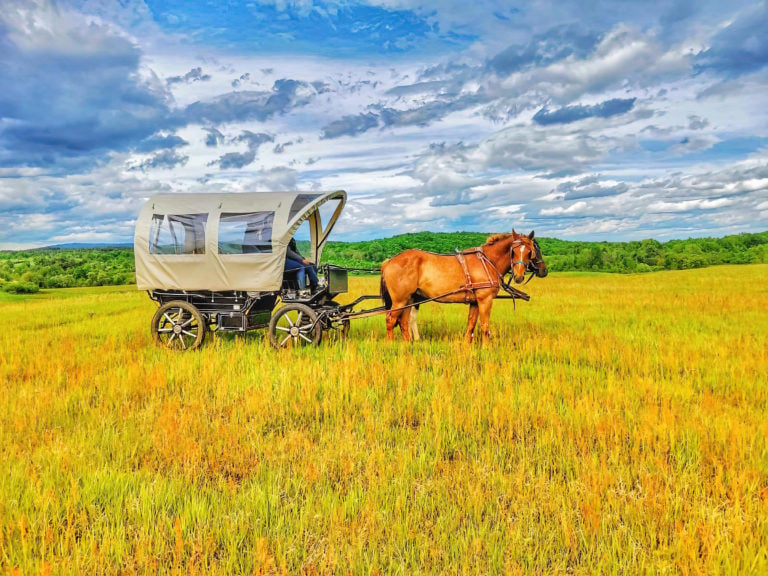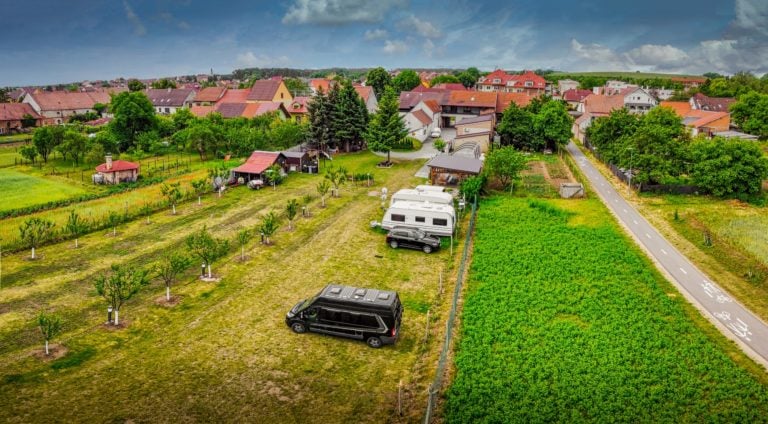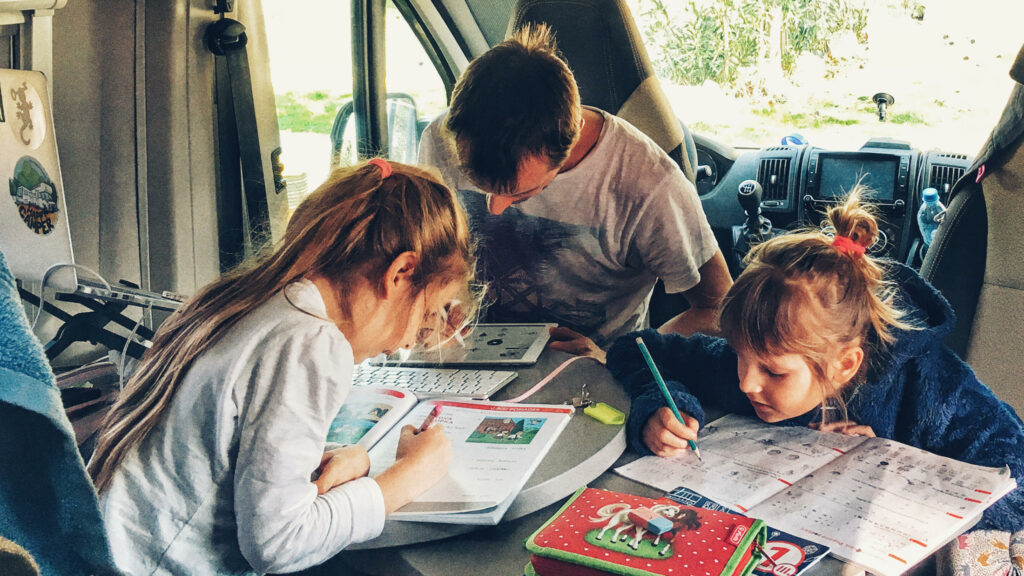
Homeschooling and Remote Schooling in a Camper
A common concern of travelers with children is school. Our family has been traveling with children since they were young. Before the girls' schooling started, we assumed the whole caravan-traveling thing would stop with it and we would go back to our regular lives. But it works with kids with homeschooling!
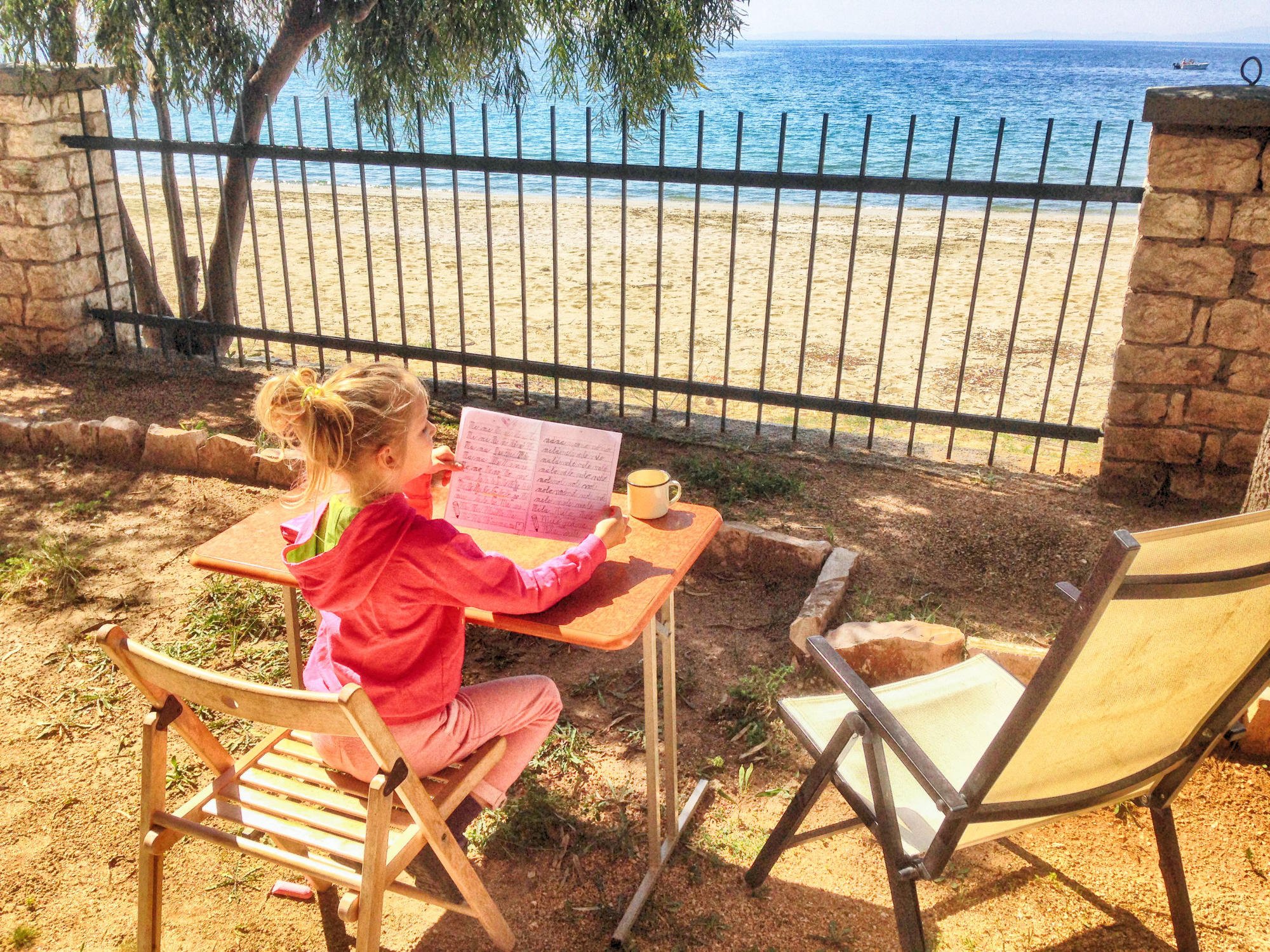
We're not taking the kids' friends?
Compared to traveling alone or as a couple, traveling with the whole family is more complicated, but also more beautiful and varied. Sure, you take the kids away from their classmates for a few weeks or months. They can still go to school for most of the year and build relationships with the kids.
There's always something to do on the road. Either we go to the city, museums, or if it rains, they can draw. Often when we teach them, they adjust the intensity of the learning and the breaks to their liking.
Won't the kids fall behind in school?
Paradoxically, school learning works better while traveling than at school, because there is one teacher for every two pupils in the caravan, my wife Rencha. The schedule is manageable. It's paid off for us to adapt to the situation at hand and not force learning at any cost. But when it went well, we didn't hold them back, and let the girls learn while they enjoyed it.

The eternal struggle with distractions – the hardest challenge, of course, is constantly having new surroundings and always having some fun activities outside. Because the most important knowledge and prerequisite for a happy life, in general, is to teach the children to learn properly so that they enjoy it, so that they have the desire to discover and explore on their own.
Will homeschooling work?
I personally know a homeschooler who is now a well-to-do investor and remembers homeschooling fondly. Traveling opportunities are growing, we can't stop it. Today it is possible to go anywhere on the planet. And as parents, you want your children to be prepared for and understand such a connected world. To know that there is more than just your home culture, more than just one language.
As Ken Weary, the owner of Hotjar, who also travels with children – although they have weaker ties with their friends – mentions that they are better able to choose who they are friends with, have more insight, and are able to make more objective judgments, compared to children the same age who don't travel.

Homeschooling doesn't just take one form. The most well-known is homeschooling, the classic homeschooling is where parents teach their children at home or abroad and go to schools for review.
A more radical variant is unschooling, where no one teaches the children. Parents just answer the children's questions and wait for them to show interest in improving themselves. Parents are their guides. Some children start what could be called learning earlier, others later. Beware, unschooling is not allowed in the Czech Republic, but it is in the USA.
On the other hand, there are more radical countries. In Greece or Germany, homeschooling is not even allowed, and in Germany, the police can even bring truants to school. School attendance there is simply compulsory and that's it.
Home school or school?
Overall, however, we are pleasantly surprised by homeschooling. The curriculum can easily be mastered in 2-3 hours a day, and for the rest of the day, you can easily connect what you're discussing to what's around you while traveling – eating, playing on the beach, and visiting historical sites. And after all, even learning together is shared time that parents don't normally have with their children.
Learning on the road while traveling is a lot different than school, where we let the girls be more or less taught by the institution, and at home we only peripherally sketch out what they're discussing and if they're keeping up. Our involvement is less at home because we have more daily responsibilities.
How to prepare children for life
We will be happy parents if our children live a happy life. What I've experienced while traveling in America, for example, is that people love their jobs no matter what level of society they are in. Selling sausages on the corner can be as fulfilling as being a trader on Wall Street.
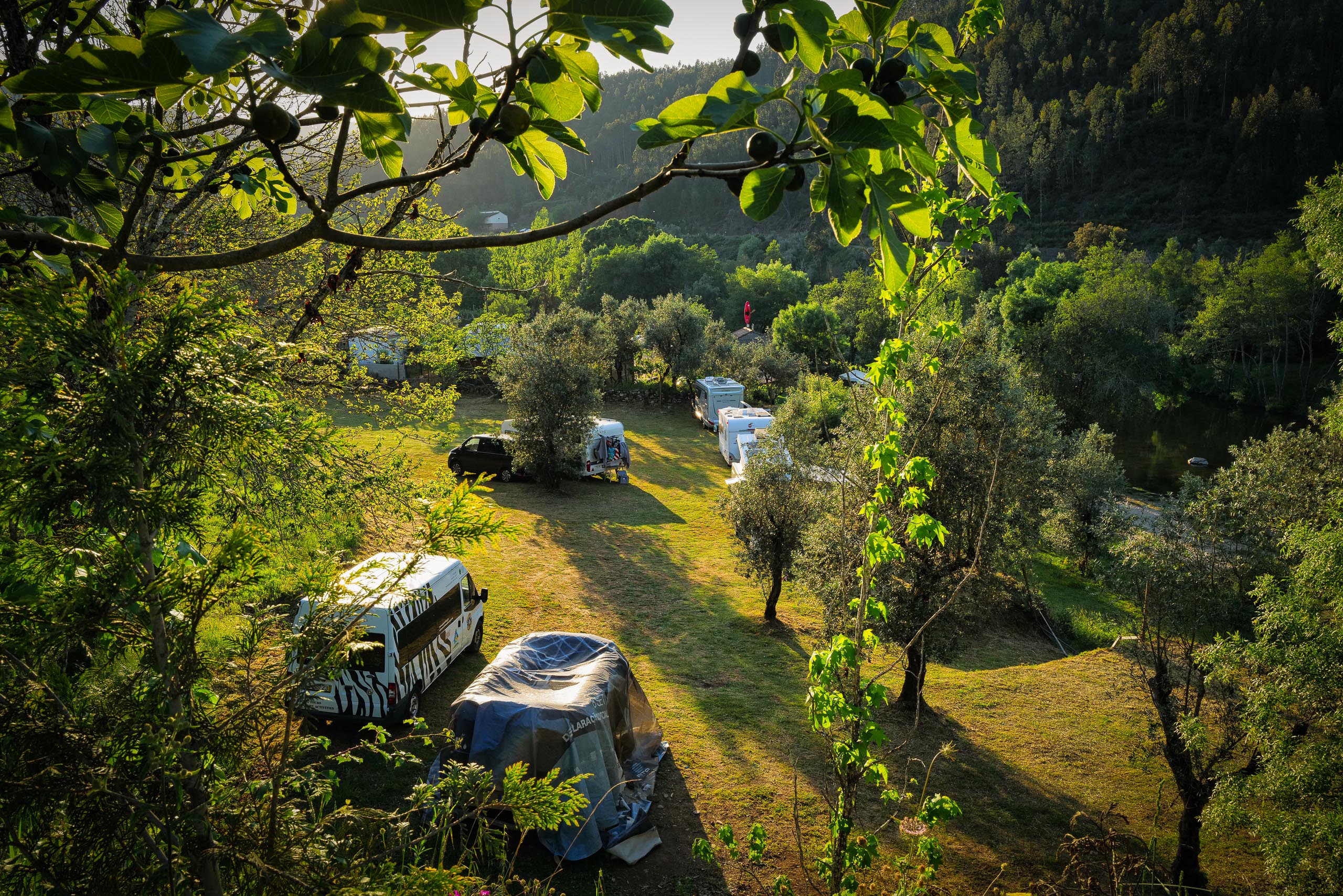
Of course, I don't know now what will suit our girls best in life. So my wife and I just try to take in what they enjoy, and plan the clubs and activities so that the girls have a major say in it.
Freedom of mind is more important than wealth or social status. Those values that my wife and I recognize, where freedom is not free but has tremendous value, we try to explain those to the kids. That money has a role to play, but that joy is created elsewhere. That people can go to a job that doesn't allow them to travel. That to work is to earn one's freedom.
Of course, pre-school time was a level above in terms of well-being. Now with school, we have it so that my wife Renata takes care of teaching and I am in charge of English and the family budget. And as the girls move on to second grade, the pathways are noticeably fewer and school takes on a more prominent role – because our knowledge of difficult subjects is no longer enough for the kids.


